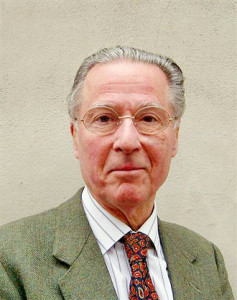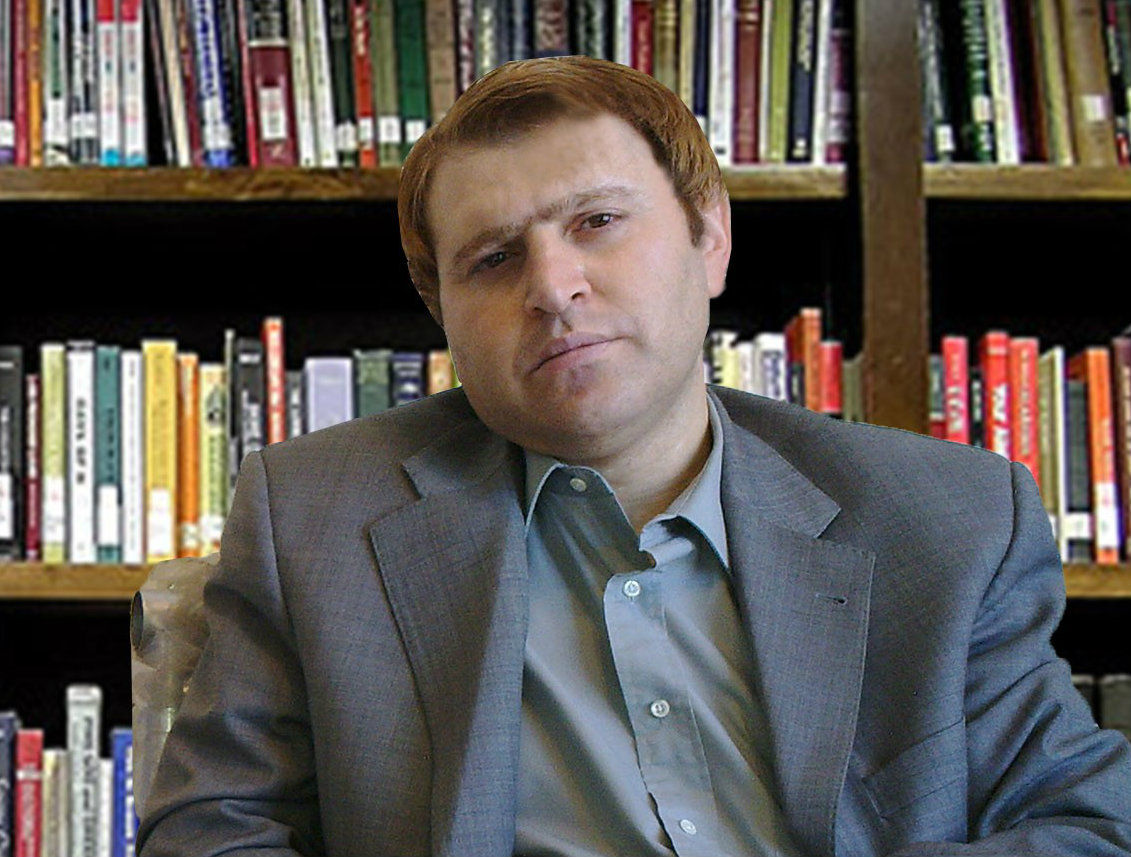
The man who was the French ambassador to Iran in 2003 when Iran put its nuclear weapons program into cold storage says that Hassan Rohani had trouble getting all the nuclear scientists in the program to cooperate.
They were being asked to stop research they had put a lot of thought and effort into and many had no desire to see it stopped, according to Francois Nicoullaud, who wrote about it last month for The New York Times.
The US intelligence community got enough evidence by 2007 to announce that Iran had frozen its weapons development as of 2003 and periodically since then it has confirmed that the freeze continues.
Nicoullaud wrote, “I firmly believe that Rohani was the main actor in the process” of closing down the weapons program. Nicoullaud was involved because France, Germany and Britain were negotiating with Iran at the time about its nuclear program and Rohani was the chief negotiator on the Iranian side.
Nicoullaud wrote that in late 2003 an Iranian official told him Rohani had “issued a general circular asking all Iranian departments and agencies, civilian and military, to report in detail about their past and ongoing nuclear activities. The official explained to me that the main difficulty Rohani and his team were encountering was learning exactly what was happening in a system as secretive as Iran’s.”
A few weeks after, Nicoullaud said, another official told him, “The Rohani team is having a hard time…. People resist their instructions.” That official said it was very difficult “to convince researchers to abruptly terminate projects they had been conducting for years.”
Nicoullaud wrote, “I told him of a similar case in Europe when a country had to implement the freshly signed Chemical Weapons Convention. The researchers were given enough time and funds to archive all the data they had collected in order to protect their achievements for the future.”
Nicoullaud said that a little later, that Iranian official came to him and said, “I conveyed your message…. It worked!”
The ambassador said, “Rohani cannot claim credit for halting the weaponization program because officially it never existed. But the actions I believe he took in 2003 raise hopes that as president of the Islamic Republic he will be able to find and implement a negotiated solution for the continuing nuclear crisis.”
Nicoullaud wrote that Iran had two strong reasons for terminating its weapons program in 2003.
“First, by the end of 2003, Iran’s arch enemy, Saddam Hussein, had been eliminated by the United States, and it had been confirmed that the Iraqi clandestine nuclear program was stopped after Saddam’s defeat in 1991. It was the Iraqi program that had driven the Iranians to launch a similar endeavor in the 1980s, when they were fighting Iraq in the ‘War of Sacred Defense.’ So the main motive behind Iran’s need for a bomb was gone.
“Two, in October 2003, during the visit of the German, British and French foreign ministers, Rohani had agreed not only to suspend Iranian enrichment activities but also to sign and put into immediate effect the IAEA [International Atomic Energy Agency] Additional Protocol, which opened the whole of Iranian territory to intrusive inspections. The risk of having IAEA inspectors find nuclear military activities forbidden by the Nuclear Nonproliferation Treaty was now too high.”
The Islamic Republic, however, canceled the Additional Protocol in 2005 and has refused to rejoin it ever since. The IAEA has said it has no way to ascertain if Iran is adhering to its pledges to conduct no nuclear weapons work unless Iran rejoins the Additional Protocol.























